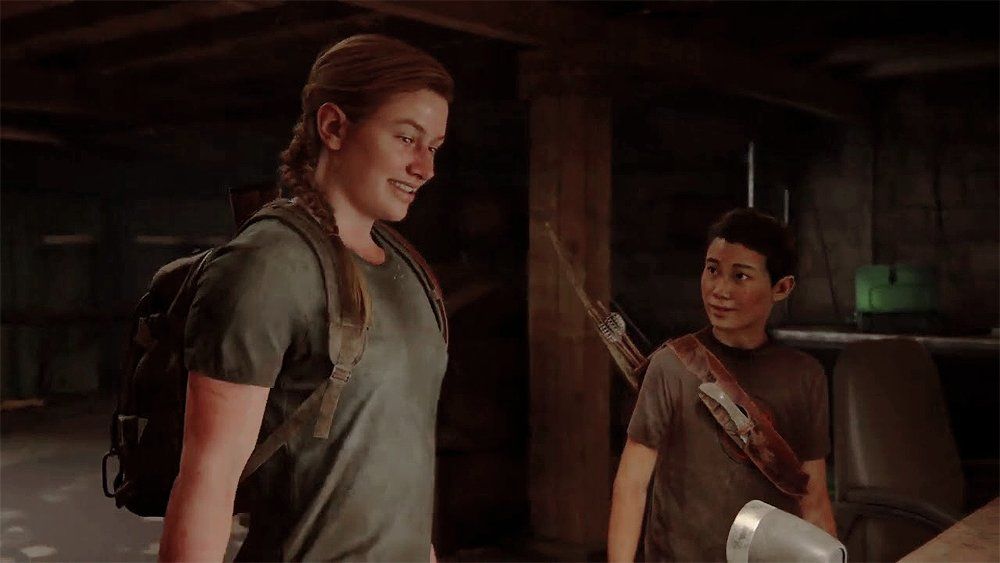Countdown to TLOU #2 (Vaginas)
In a post-apocalyptic setting, a regular physical ailment that most people experience can have a huge impact on storytelling and be really interesting—if you let it. This is an opportunity, not a hurdle.
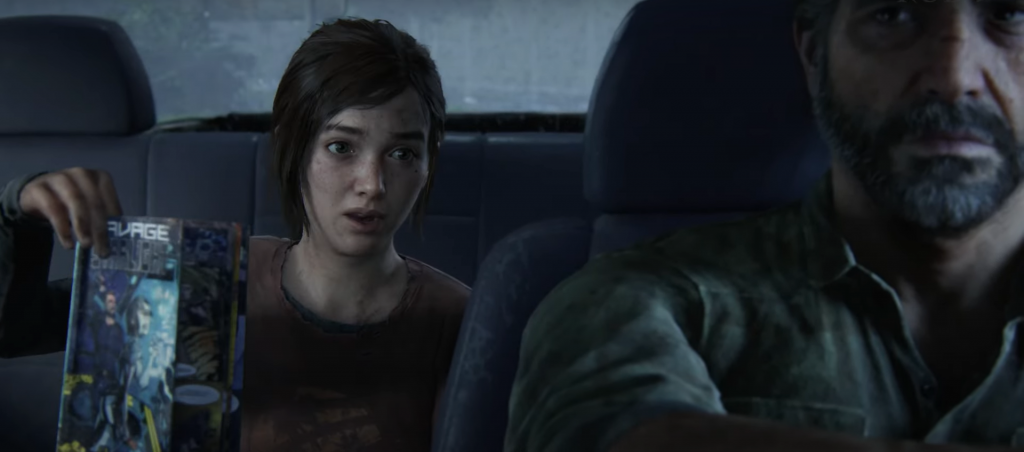
—Beware light spoilers for The Last of Us and The Last of Us 2. Also, beware frank (and maybe kinda gross?) discussion about genitals and bodily functions of all sorts. Also swearing. You should know up front that I do that. Kind of a lot. —
In yesterday’s newsletter, I mentioned that I’ve always been a huge fan of dystopian fiction. I’m also a fan of dystopia’s cousin—the post-apocalyptic narrative. While both types of story examine what happens to humanity after a cataclysmic event (be it political or environmental), in a dystopia there’s still a working society. It might be shitty, but the power’s still on, people still have jobs and pay bills, there’s a government (even if it’s terrible), and the trains are running.
In a post-apocalyptic story, it’s mayhem and people are out there wearing football padding with spikes attached while fighting each other for gasoline or stalking through the woods trying to survive while steering clear of zombies.
Or “walkers.”
Or “infected.”
I’ve been replaying The Last of Us in anticipation of the upcoming series (just finished the game proper, and now I’m in the middle of the “Left Behind” DLC), and I went down a rabbit-hole of thought as I guided Ellie toward scavenging for things like ammo, scissor blades, random pills, and rags:
Ellie is 14. What happens whenever she has her period?
Does she also scavenge for pads or tampons? Did Marlene give her a menstrual cup that she’s been using for a couple of years? If Joel comes across menstrual products in his travels, does he save them for Ellie the way he saves her all the comic books he finds? Or is she a late bloomer and hasn’t gotten her period yet? Or maybe her immunity left her without a period?
There are these time jumps in the game between seasons. Are we supposed to believe that we always land on the parts of the month where she doesn’t have her period? The point is, it’s never brought up as a thing she’s gotta contend with in any way.
Periods aren’t brought up in many (if any) post-apocalyptic stories in general, which is strange considering it’s a thing that happens to a majority of the people in most countries. Monthly. For days at a time.
Well, it’s not like they show people going to the bathroom either, I can hear some people say. That’s true, but maybe they should.
I don’t mean show it (eew!), but rather, maybe we should see the consequences of needing to relieve yourself in a harrowing situation more often. Imagine you’re running from zombies, or hiding from bandits, or you’ve been imprisoned by a gang wearing the aforementioned spiked football pads. And you suddenly have to pee real bad or take a massive dump. Or you can’t take a massive dump you need to take, and your stomach is killing you. Or, you live in a camp with a bunch of people—there’s no working plumbing during the apocalypse! At the very least, it’s limited. So, are there outhouses? Holes in the ground behind your homes? Chamber pots? And my God, the post-apocalyptic world must reek.
Think about the storytelling possibilities!
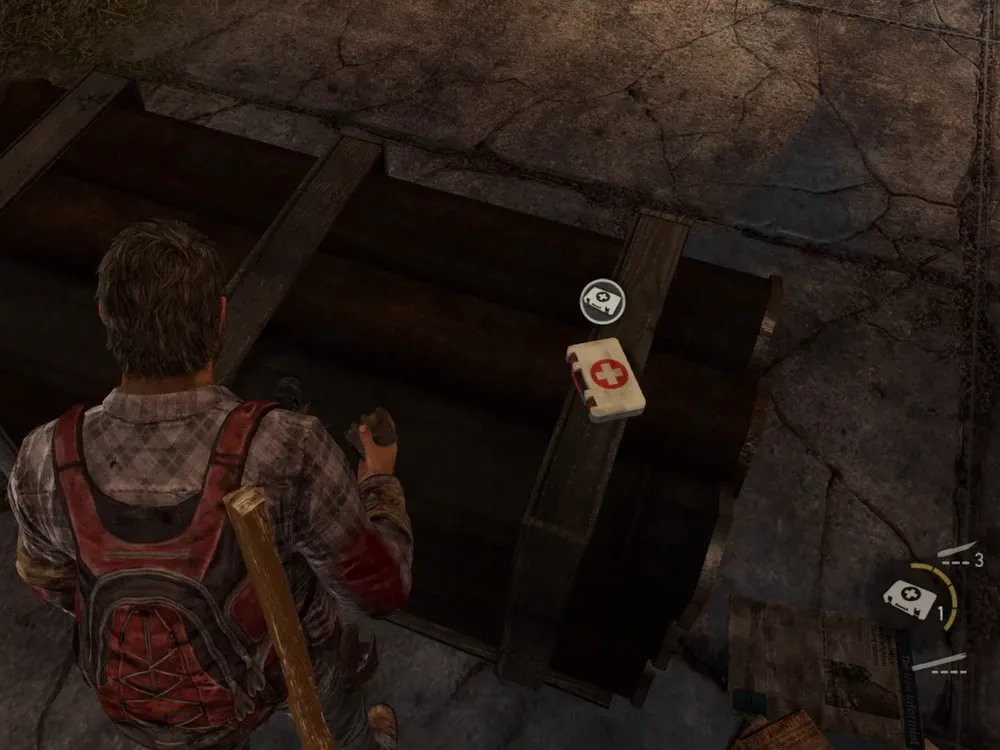
Regardless of whether general bathroom-going gets attention in post-apocalyptic narratives, it’s surprising to me that menstruation gets little to no consideration. Especially since female characters are often pregnant, get pregnant, or are concerned about pregnancy in these stories:
- One of Immortan Joe’s five wives is pregnant in Mad Max: Fury Road
- In The Walking Dead, several female characters get pregnant over the run of the show.
- In The Last of Us 2, Dina discovers she’s pregnant by her ex-boyfriend, Jesse
Having one’s period isn’t equivalent to “going to the bathroom.”
For starters, it only happens to people with uteruses which, as I said, is most people in most countries—but not all. It’s not the universal, mundane experience going to the bathroom is, which makes it (imo) more interesting for story purposes.
Secondly, needing to go to the bathroom is momentary. When you have your period, you can have it for up to a week, and it affects a lot:
- It’s hard enough to keep your clothes clean after the apocalypse. What are people with periods doing to make sure they’re not leaking all over themselves? Just because there’s likely blood everywhere anyway doesn’t necessarily mean you wanna have crotch stains on all three pairs of pants you own.
- Are menstruation products like gold, saved and traded like currency for other valuables? We always see groups hoarding things like gauze or bandages for medical care…but is there also gauze being set aside for makeshift menstruation products?
- Periods aren’t just about the blood. There can be pain associated with it, and while everyone’s body is different, feeling like you have gremlins gnawing at your insides for several days a month, every month—not to mention muscle/back/headaches, skyrocketing hormone levels—might affect the way you’re able to escape the zombie hordes. It might incapacitate a character. It might also light the fire under them that they needed to release all the rage and kill every enemy in sight. Either way, it’s something to think about.
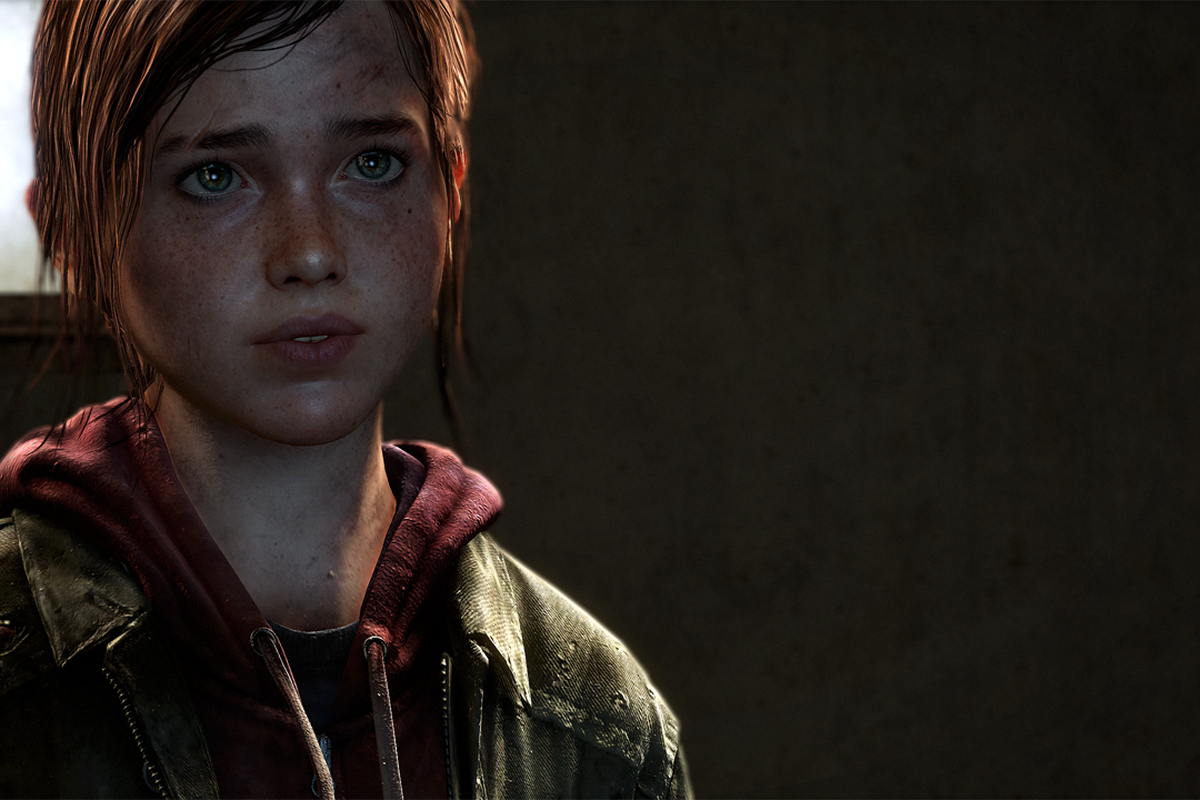
Back when I was doing pop culture journalism, I often wrote about the need for diversity and inclusion in storytelling, and as I make my way toward writing for television, things like this—a whole-ass genre not taking a basic, but common and important bodily function experienced by half the planet into account—makes it so clear that as long as one type of person dominates the creation and telling of fictional narratives, there are going to be these huge holes in the experience they can draw from, which limits storytelling.
It's so clear that “how would a period affect this character or story” barely occurs to writers who don’t have uteruses…unless it has something to do with them. We dwell on pregnant women, but we don’t know how they deal with their bodies the rest of the time when they’re not pregnant, because that person being pregnant is usually the result of a cis man’s actions. It’s a result of the woman’s actions, too (except when it isn’t), but it seems like too many male writers can only relate to a woman’s experience if it has something even tangentially to do with them.
Meanwhile, do you know how many times I’ve been expected to "see the universal" in wet dreams, balls being scratched, balls being kicked, unexpected boners hidden behind binders at school, jerking off, and erectile dysfunction depicted in film and TV? Hell, there was a mainstream movie where a dude fucked a pie, because teenage hormones? (at least that one had a girl who talked about putting her flute in her vagina to balance out the sexual weirdness)
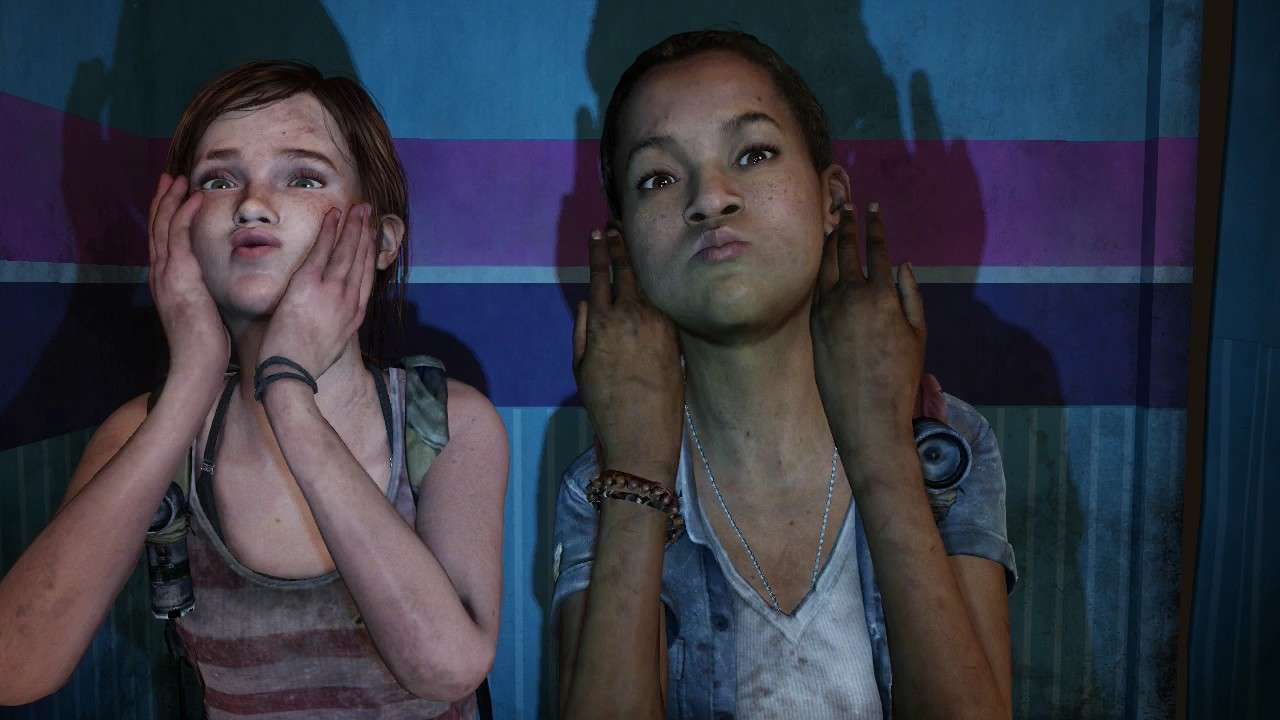
We see and hear about penises and testicles in almost every possible state in our stories. When they’re hard, and when they’re flaccid. When they’re big, and when they’re small. When they’re being pleasured, or when they’re having some kinda violence inflicted on them.
And even when we’re talking about the inclusion of trans and non-binary people in fictional narratives, the majority of those portrayed or discussed (positively or negatively—mostly negatively—when portrayed at all) are trans women—likely because both cis writers and cis audiences are more concerned or curious about that woman potentially having a penis than they give thought to the fact that trans men exist who often don’t have them.
Apparently, the only genitals worthy of a nuanced depiction are the ones shared by cis men. Vaginas and uteruses only matter if a cis man is trying to put something into one or is getting a baby out of one. People with uteruses—the majority in most places—are always expected to relate to the experiences of cis men, but the same is never expected of cis men in return.
In a post-apocalyptic setting, a regular physical ailment that most people experience can have a huge impact on storytelling and be really interesting—if you let it. This is an opportunity, not a hurdle.
And while I believe that we need more women telling stories professionally in Hollywood (I’m RIGHT HERE!), I also believe that we need to start expecting cis men to pull their heads out of their own asses (and their minds off their own penises) and start finding the universal in more of women’s experiences. We need to start asking (demanding!) that male storytellers really think their female characters through. In every department, not just the departments they find hot or that they relate to most directly.
And while the likelihood of an actual Last of Us 3 has been thrown into doubt, if there is a third game, I’d love to see Lev offer Abby a pad instead of a health kit every now and again. Or vice versa.
